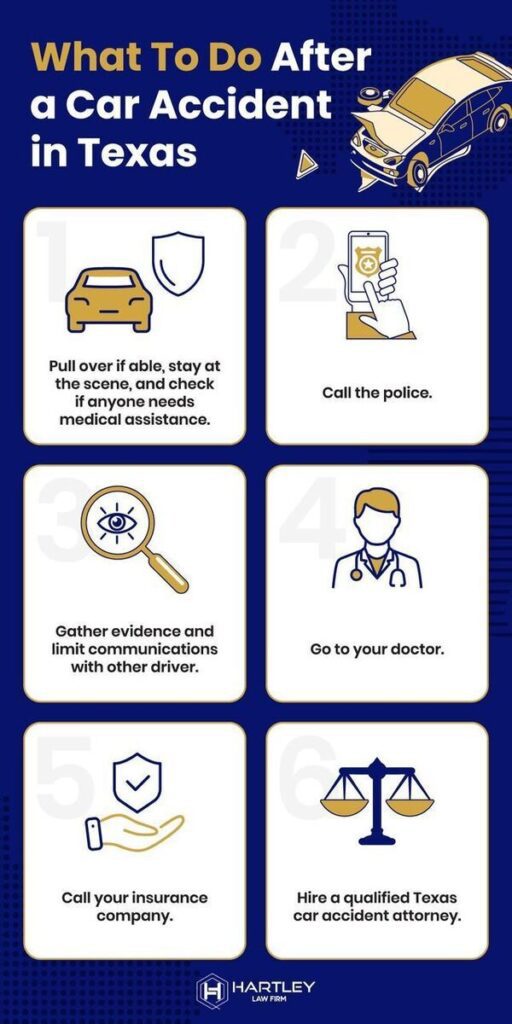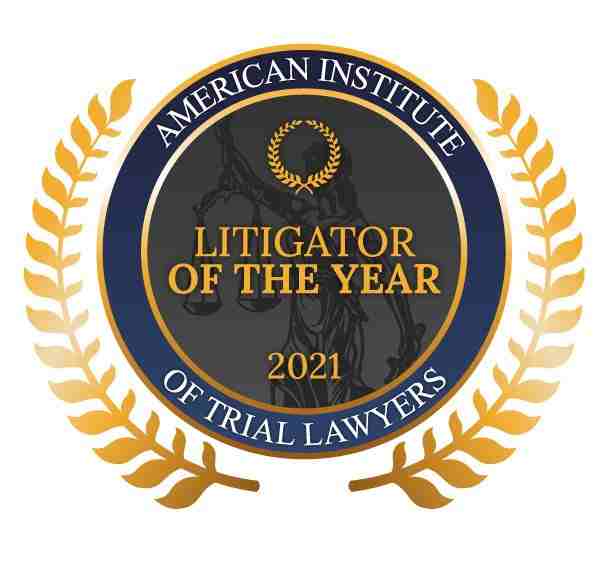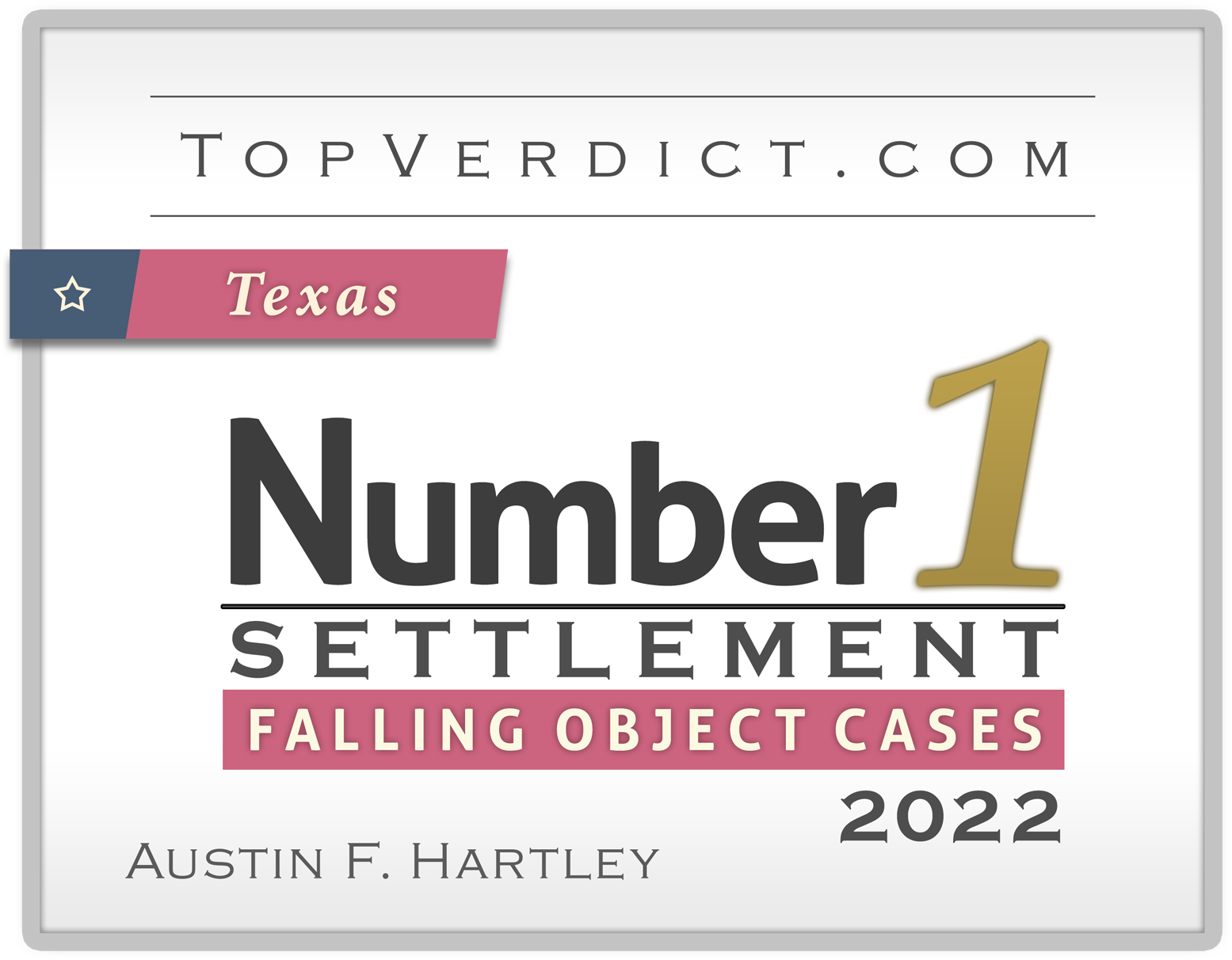What To Do After a Car Accident In Texas
2.35 million Americans are injured or disabled every year in car accidents. Over the course of an average person’s life, he or she will be involved in 3 to 4 accidents.
It is important that you know the steps to take following a car wreck as your decisions then can impact the claims process down the road. When you are involved in a car wreck, here is what you should do:
1) Pull Over if Able, Stay at the Scene, and Check If Anyone Needs Medical Assistance:
Although I encourage everyone to pull over and assess the situation, the Texas Transportation Code § 550.021 requires the people involved in an accident involving injuries to remain at the scene, provide driver’s license/insurance information, and provide reasonable assistance to anyone injured, including transportation to the hospital. You will be in shock after an accident occurs. Your adrenaline will be pumping. After stopping your vehicle, take a second, gather your thoughts, and assess the situation. Doing so can help you set the tone for the rest of the encounter.

2) Call the Police
While I advise all my clients to always call the police after the accident whether or not they think someone is injured, Texas Transportation Code § 550.026 requires that you call the police if injuries or significant property damage occur.
It is important that you be the one to contact the police and establish initial contact. This allows you to state the facts of what happened in your own words as opposed to fighting against what the other person is saying. Also, it just looks better. Typically, the one who calls the police is not the person at fault in the accident.
3) Gather Evidence and Limit Communications With Other Driver
Obviously, if someone is injured, getting them the help they need takes priority. However, if serious injuries are not present, it is important to limit communication with the other driver. Exchange information, check if everyone is ok, and be polite, but I generally advise against engaging in conversation or argument about who was at fault in the accident. Not only can this escalate the situation, it can also lead to statements that the other driver will use against you later on. If the other driver presses you to speak with them about what happened, tell them that you would prefer to talk about it after the police arrive.
While you are waiting on the police is a great time to document the scene and begin setting your case up for success. Take pictures of both vehicles, including damage, and take pictures of any injuries as these will be invaluable for your attorney later on. Take a mental note of how the accident happened. Your memory can fade as time goes on, so it is important to get everything straight before the police arrive. Look around for any traffic cameras that may have caught the collision on tape. Your attorney can request these later as well. Finally, see if there were any other drivers or pedestrians who may have seen the accident happen. If so, politely ask if they would mind waiting to give a statement to the police or providing their contact information to you.
4) Go To Your Doctor
If you or the other person is seriously injured, the first thing you should do is seek medical treatment. Remember, you are under an obligation under the Texas Transportation Code to assist the other driver if they require or request medical care.
If no one is seriously injured, follow up with your doctor as soon as possible after the accident. Often times, injuries from car accidents are not apparent until a few days after the collision. What you though was general soreness can in fact be a long-term injury.
Follow your doctor’s advice for treatment. If your doctor recommends 12 sessions of physical therapy, you should attend 12 sessions of physical therapy. Do not stop going because you feel better after 4 appointments.
Keep detailed notes and all records from your medical treatment. This will be important for your attorney to review, so he can understand the extent of your injuries. Anything your doctor gives you should be kept in folder in safe place.
5) Call Your Insurance Company
Many insurance policies in Texas require that you promptly report all accidents. You should always contact your insurance company following any accident as there may be coverage under your own policy that can assist with your recovery and medical treatment, even if you were at fault. Personal Injury Protection (PIP) provides compensation to you if you are hurt in a car accident, whether or not you were at fault.
6) Hire A Qualified Texas Car Accident Attorney
An insurance adjuster does not always look out for your best interest. Hiring an attorney who will fight to hold the other driver accountable is always a good move. It is an important decision and should not be taken likely as it may dictate the outcome of your case. My firm gives each case the personal attention it deserves. Give me a call today or submit a contact form to schedule a free consultation.
Hartley Law Operates conveniently located offices in Carrollton and Irving, Texas, where you can connect with an experienced Carrollton car accident lawyer or Irving car accident lawyer to discuss your case and explore your legal options.








